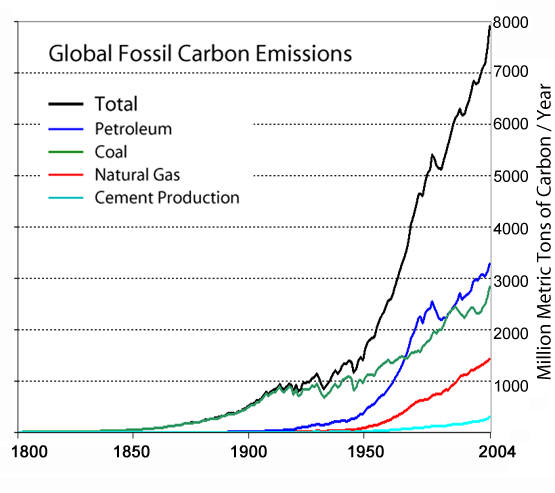 History is punctuated by tipping points. And at each of these transitions there are those resistant to change – raising their voices in support of they way things were or spreading fear about the emerging new era.
History is punctuated by tipping points. And at each of these transitions there are those resistant to change – raising their voices in support of they way things were or spreading fear about the emerging new era. William J. Grayson was a respected lawyer, politician and poet in 19th Century South Carolina. Of impeccable American pedigree, his father was aide-de-camp to George Washington during the War of Independence. On the eve of the civil war, he bravely spoke out against the secessionist movement that was so popular in his home state.
Grayson was also a vocal defender of slavery, stating in 1855:
“What more can be required of Slavery, in reference to the negro, than has been done? It has made him, from a savage, an orderly and efficient labourer. It supports him in comfort and peace. It restrains his vices. It improves his mind, morals and manners. It instructs him in Christian knowledge.”
History is a cruel judge. The many prominent citizens of the day resistant to abolishing the ancient and accepted practice of buying and selling humans are now seen a greatly diminished light.
Into that storied company strides George Will of the Washington Post. Graduating from Princeton with a Ph.D in politics, he is a Pulitzer Prize winning journalist, author of numerous award-winning books, a former instructor at Harvard. As a commentator, scholar and journalist, he has achieved virtually everything that can be in his many chosen fields of endeavor.
And like William J. Grayson, Mr. Will finds himself squarely on the wrong side of a defining shift in history. As the world makes its first tentative steps to deal with our collective climate crisis, Will is instead lending his considerable credibility to resisting that change.
There is no doubt that fossil fuels - like slavery– have provided a cheap and convenient source of energy. And like slavery, it is long-established norm that is rapidly becoming morally indefensible.
Virtually the entire scientific community is speaking in unison when they warn of famine, drought, mass displacements, global instability, and an impoverished future unless we take concrete and immediate steps to wean our economy off a reliance on fossil fuels. Dealing with climate change is abolition equivalent of the 21st. century.
Such fundamental shifts in society are difficult enough without specious arguments from prominent opinion leaders like Mr. Will questioning even the scientific imperative for change.
Yet Will has done just that, holding forth on subjects well outside his areas of expertise such as sea ice and polar meteorology. He has embarrassed himself and the Washington Post by publishing clearly erroneous claims about our changing climate, then repeating those claims when challenged even by the very scientists that collected the data he was misrepresenting.
His latest straw man are light bulbs. In an article this week, Mr. Will descends into anecdotal arguments of how compact florescent light bulbs don’t last as long as they should, are difficult to dispose of, and somehow all this is the fault of our government’s reckless haste to move on climate change.
That anyone of Mr. Will’s stature could seriously accuse government of pell-mell panic on climate change is quite simply laughable.
For over almost two decades, the scientific community has been hectoring world leaders that carbon emissions pose a real and immediate danger to society, global security and the economy. They have stated clearly and repeatedly that the longer we wait, the more difficult and tragic will be the outcome.
And for years, carbon emissions have marched relentlessly upwards - recently accelerating beyond even the worst case scenarios considered by the IPCC.Leaders meet, words are spoken, nothing changes.
Beyond the obvious economic, political and technical challenges of shifting the world away from fossil fuels, is perhaps the greatest challenge of all: public opinion.
The voting and consuming public remains scandalously ill informed about our emerging understanding of climate science. This makes the hill far steeper for those few political leaders willing to blaze a way forward into a new era.
George Will and the Washington Post are shamefully culpable in this situation. They have contributed to inaction at the very moment of history when action is imperative.
There is no doubt that Mr. Will, like William J. Grayson, is a distinguished and accomplished citizen. And like his predecessor of the 1800’s, people a hundred years from now may instead remember him only for being on the wrong side of history.
No comments:
Post a Comment